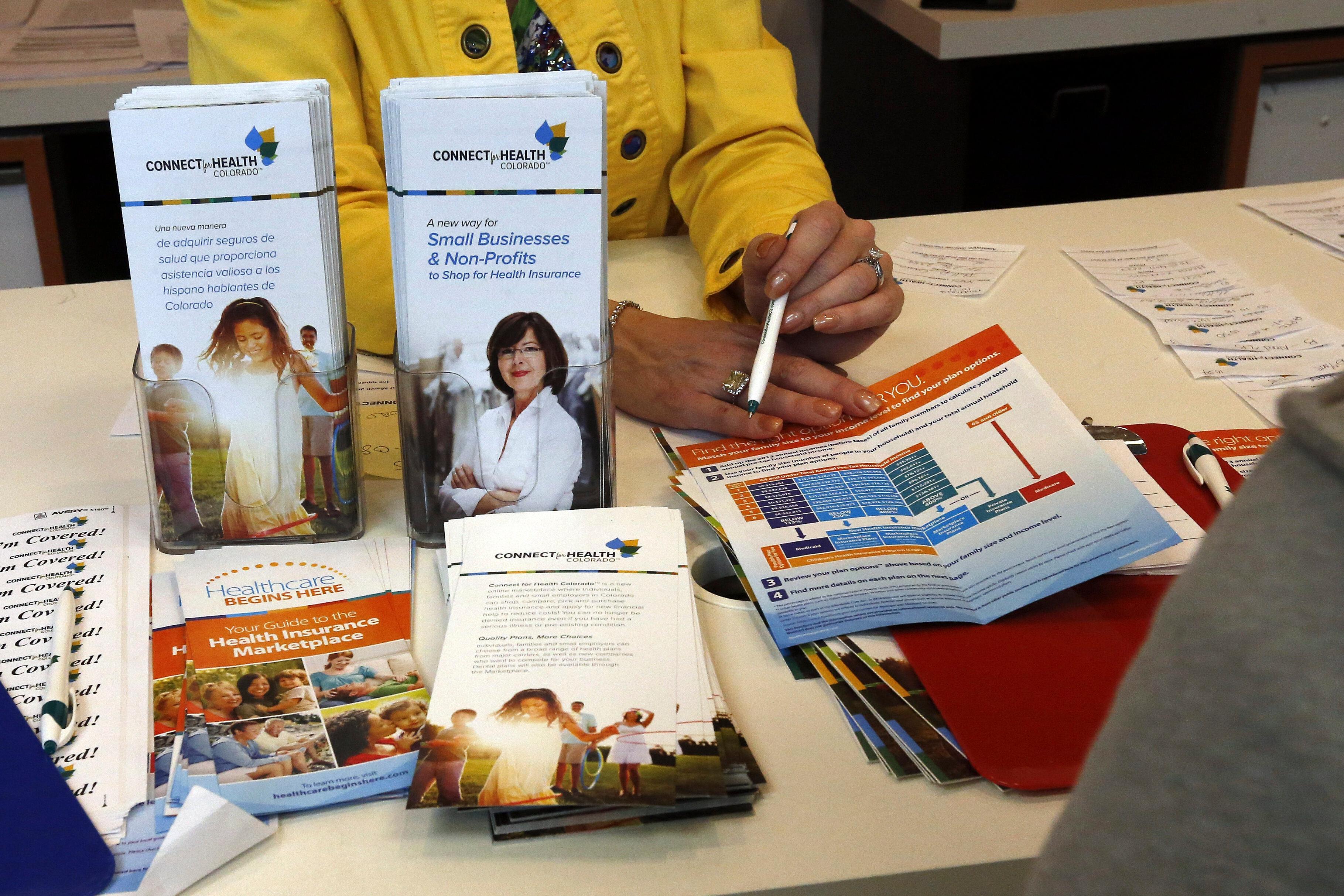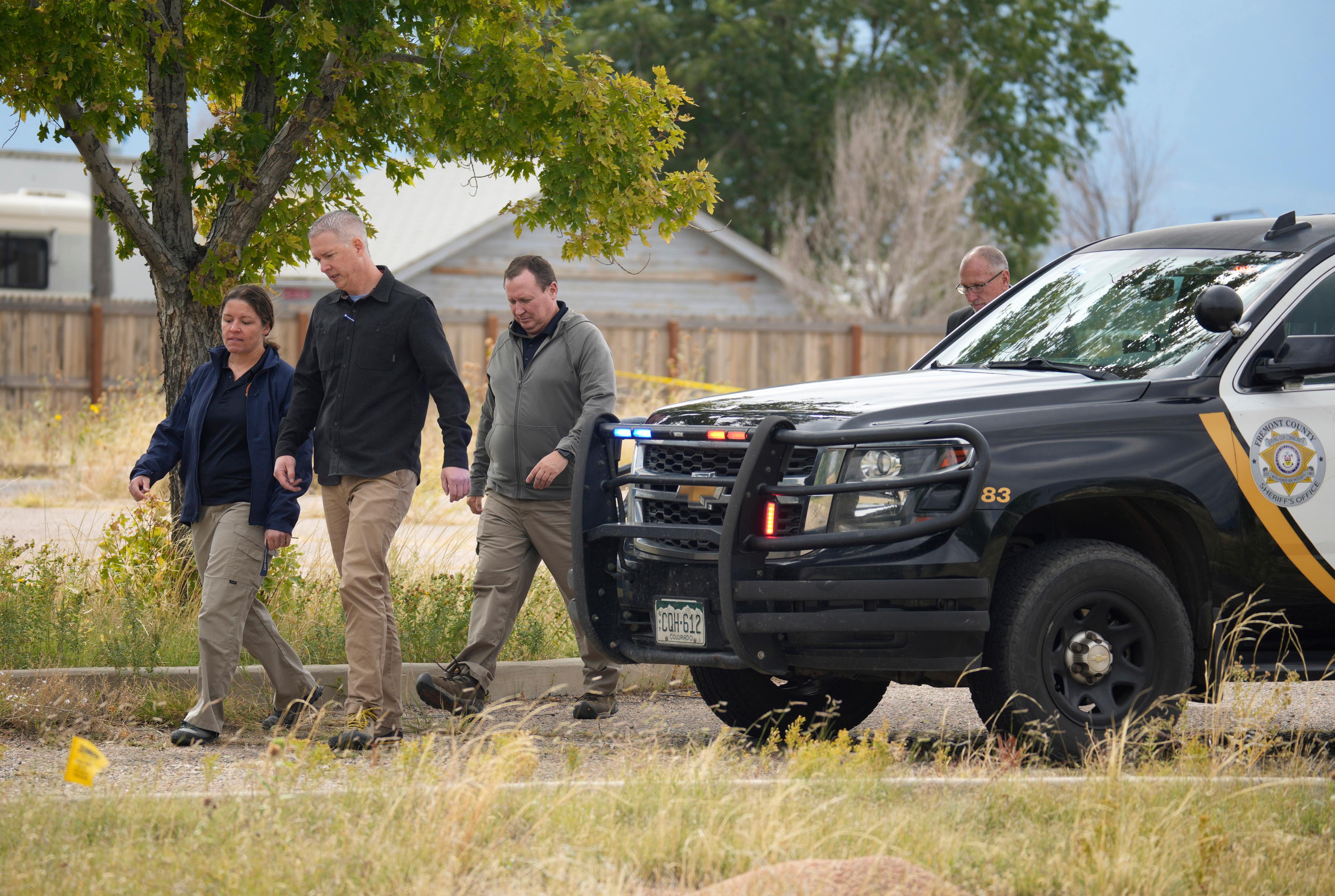
This story was produced as part of the Colorado Capitol News Alliance. It first appeared at coloradosun.com.
In a blow to Gov. Jared Polis’ pro-housing agenda, the Colorado state Senate on Monday night defeated a measure that would have given churches, schools and universities the right to build housing on their land.
The measure, House Bill 1169, would have overridden local zoning laws, continuing a long-running dispute between the state and local officials over the degree to which cities and counties should control housing policies in their communities.
The bill, which passed the House in March, was effectively killed by Senate leadership after supporters said it didn’t have the votes to pass the chamber. Lawmakers postponed a vote on the bill until Thursday — the day after the 120-day lawmaking session ends.
The proposal was inspired by the “Yes In God’s Backyard” campaign — or YIGBY — a religious-based movement that sprang up in response to neighborhood-level opposition to new housing.
Polis and many legislative Democrats saw it as a tool to increase housing affordability, building on efforts in recent years to encourage local governments to enact denser land use laws and allow more housing construction.
In a statement, a governor’s office spokesperson said the bill’s failure was disappointing, and blamed lawmakers for trying to use it as a “midnight bargaining chip” in the final days of the session.
“This common-sense policy is backed by non-profits, congregations, schools, housing, and conservation organizations,” said Shelby Wieman, a spokesperson for Polis. “Coloradans are demanding action to cut housing costs, and we remain committed to continuing this important work.”
Church leaders across the Denver metro area also supported the bill, which they said would allow them to better serve their charitable mission by providing housing to those in need. Nonprofit housing developers say local zoning laws frequently delay housing from being built on church land, and sometimes prevent such projects entirely.
Local officials, however, said the bill would upend their own efforts to plan for new housing in locations where it makes the most sense — with adequate roads and sidewalks, utilities, and access to amenities like parks, social services and transit.
Many churches are built in such areas already. But some are more remote, or surrounded by sprawling commercial or industrial developments that may not make for good neighbors, local planning officials say.
The measure also would have allowed child care providers to operate on church land.
At the heart of the debate was a deeper policy fight that’s playing out across the country. How much power should local governments — and by extension, their existing residents — have to block new homes within their communities?
As housing costs have risen in recent years, Colorado and other states have looked for ways to relax restrictive local zoning policies in order to spur more housing construction. But while state leaders have argued that housing is a matter of statewide concern, local officials say state-imposed zoning policies are at minimum an affront to local control — and may violate constitutional powers granted to home rule cities.
“(The Colorado Municipal League) remains committed to a vision of legislation that promotes housing options that municipalities can support, that would both preserve constitutional home rule and local control, and that supports local elected officials’ direct relationships with residents,” Kevin Bommer, the group’s executive director, said in a statement. “We will always be able to get more done with partnership, not preemption.”
This story was produced by the Capitol News Alliance, a collaboration between KUNC News, Colorado Public Radio, Rocky Mountain PBS, and The Colorado Sun, and shared with Rocky Mountain Community Radio and other news organizations across the state. Funding for the Alliance is provided in part by the Corporation for Public Broadcasting.
Funding for public media is at stake. Stand up and support what you value today.









